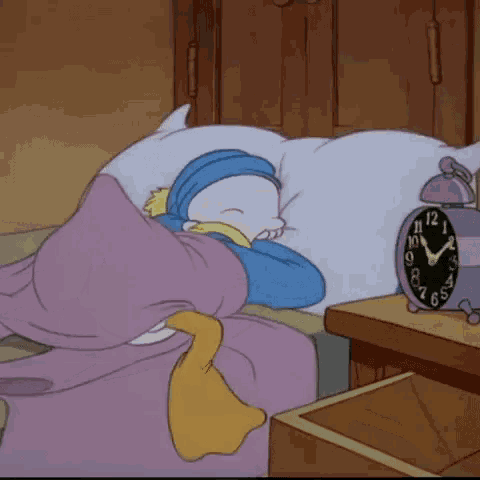Ending Unhelpful Sleep Cycles
By Rebecca Patterson, AMFT
A while back, a well seasoned professor of mine declared that sleep hygiene will be the next mindfulness. She theorized that if the first decade or so of the 2000s were all about cultivating a calm and present mind to cope with the rising rates of human anxiety, she forecasted that changing the norm of the persistently exhausted adult would be the next major trend in mental health.
I’m not enough of a trend spotter to measure the accuracy of this, but daylight savings and my own personal struggle to adjust to a lost hour of sleep always makes me wonder if we are doing enough to promote and integrate all we know about good sleep habits. This last daylight savings is perhaps a perfect opportunity to lean into the reset and use the shake up as a chance to implement some tools. We are creatures of habit, and when it comes to sleep this means it can be really hard to change our ways even if it is no longer serving us. There are countless lists on what to do to build solid sleep hygiene, below are the select few I’ve found the most manageable and helpful for folks to integrate into their lives.
Schedule REALLY does matter - If you hold onto anything from this blog let it be this! I know it sucks, but going to bed and waking up at the same time is the real game changer for maintaining a healthy circadian rhythm. The biggest trend I’ve found is clients who are great about keeping a schedule during the week and completely sabotage it each weekend. If you commit to this one, things that can help are having a vision of how you will spend your early morning (likely) weekend time if you’re not sleeping in.
Light Strategy - I’m a big advocate for strategic exposure to light and yet that phrase alone often is met with a very puzzled expression. But the type of light you expose yourself to and when matters a lot. Natural light is different from synthetic light, and cool light is different from warm light. The more natural light we can get in the morning the better as this is a key signal to our internal clock that day is here. When not an option, cool synthetic light is likely to wake you up the most and the quickest. Warm light is soothing and can be helpful to wind down the day or ease into a morning. To each their own, but thinking about how, when, and what light you engage with when impacts your sleep.
Ritual - Short and sweet, if this is going to be a habit it has to be something you want to do and feels enticing. Ritual versus routine leans into it being something we get to do versus something we have to do.
Sleep easy!

